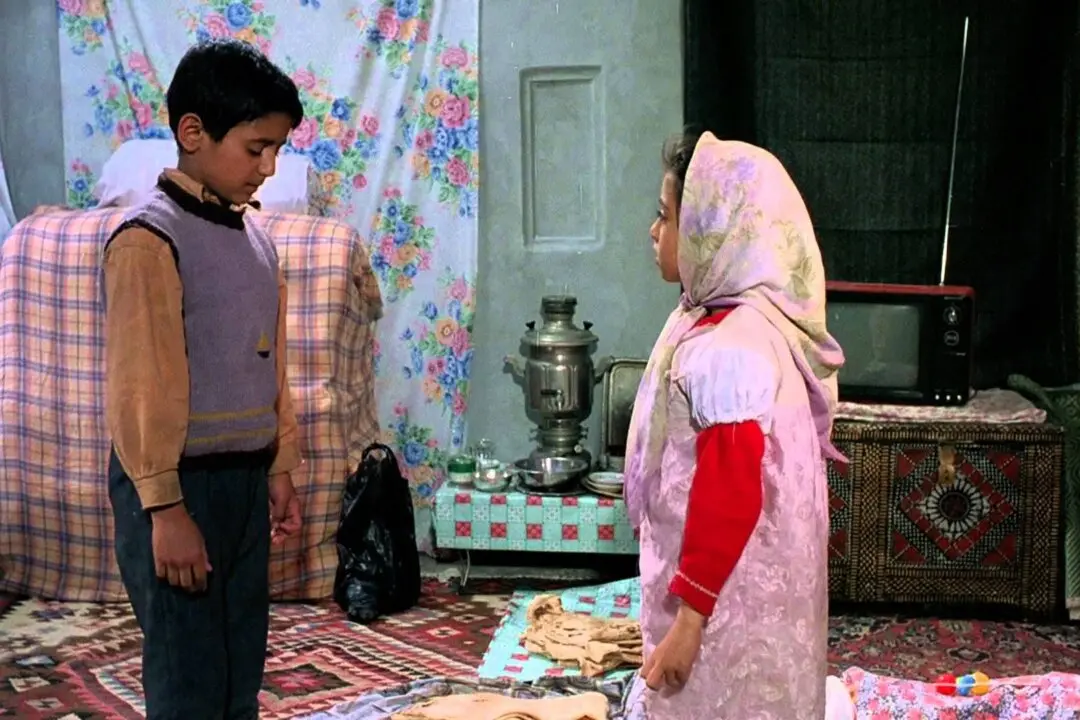PG | 2 h 59 min | Drama | 1961
Stanley Kramer’s courtroom drama is set in Nuremberg, Germany, in 1948. One of America’s several post-World War II trials is underway. Together, the tribunals will charge German military officers, Nazi party leaders, doctors, industrialists, and judges for war crimes.




